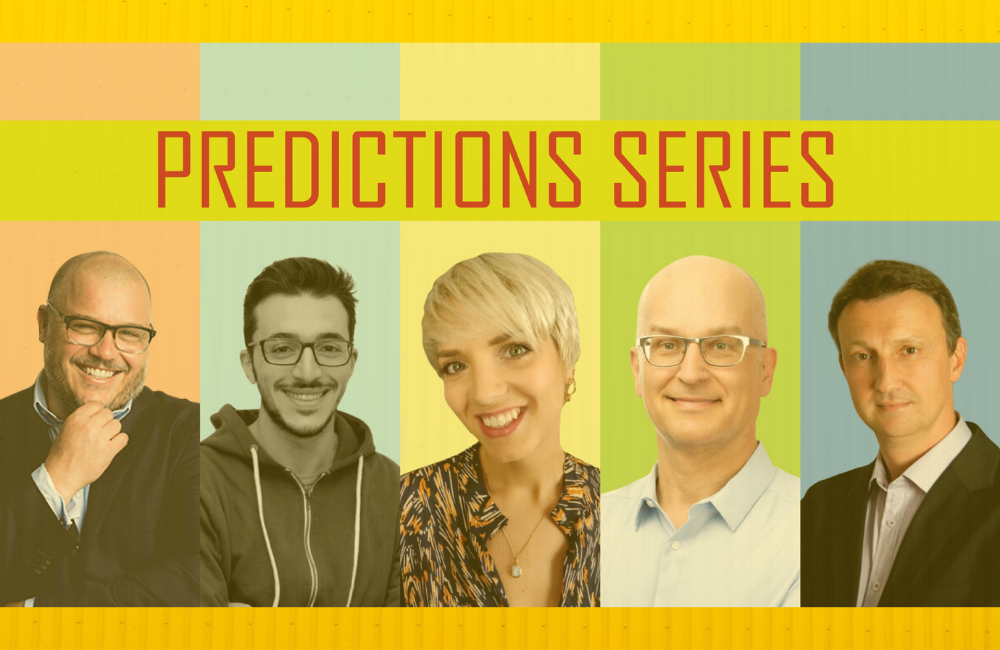This year has been the first year in which our businesses and many of our personal lives have had to become digital-first. In fact, data from Ofcom released in June reveals that in April 2020, UK adults spent longer than four hours online each day, which equates to more than a quarter of their waking life.
With this in mind, it is unsurprising that brands are beginning to see digital marketing as their most critical advertising investment. According to eMarketer, digital ad spending is expected to be far more resilient during the pandemic, growing 7.5% while total media spend will drop 4.1%. This is a natural shift as many other traditional forms, such as outdoor and cinema, have experienced declines as a result of lockdown measures. The reality is that not only is the pandemic expected to continue to remain a part of our lives for the foreseeable future, but our habits have fundamentally changed and more people than ever see digital as a core part of their daily lives, and purchase habits. As consumers start to see spending time online as the new normal, advertisers will also follow.
Concerns Around Data
Consumers’ time online may be increasing, but so are their concerns. Data from Wunderman Thompson reveals that privacy and security of personal information and data is the biggest concern for consumers at the moment, only behind healthcare. This is a major issue for advertisers, who rely heavily on consumer data in order to target ads effectively.
This has traditionally been done via third party cookies, which tracked user activity across the web, allowing brands to understand consumer behaviors and target relevant ads. However, increasing concerns over data privacy have forced big tech firms to address this problem over the ethics of third-party cookie tracking. This is because there is a grey area between the cookie being stored and tracked and what the website can do with that data that can be potentially harmful to consumers’ privacy. As a result, Safari and Firefox have already removed third party cookie tracking on their browsers, whilst Google announced earlier this year that it was phasing out the third party cookie by 2022.
The Value of Live Intent
This creates a new challenge for advertisers, who must find a new and privacy-centric solution to the third party cookie, which also allows them to target consumers effectively. However, one of these solutions is easy to implement, and it focuses on live intent combined with advanced on-page entity analysis – a rocket-fuelled form of contextual targeting, if you will.
This relies on targeting consumers in the ‘live intent’ stage – the exact moment that they have searched for something that has brought them to a publisher’s page. Live intent overlaid with deciphering the meaning of the page allows advertisers to more accurately understand the reason behind a person viewing a particular page and what they could be looking at to help them serve the most relevant ad in that moment. This kind of contextual targeting is an efficient and effective means to reach consumers, with data from Integral Ad Science showing that 80% of UK consumers like to see ads that match the content they are viewing, with 70% more likely to remember a contextually relevant ad. What’s more this solution is privacy-first and does not rely on any storage of data, identifiers or tracking across the web.
As brands and marketers begin to place more focus on digital marketing in response to shifting consumer behaviors online, it is important that they also focus attention on consumers’ growing concerns around data privacy which in the long term will throw up more challenges.
With the ad industry heavily reliant on ad tracking in order to serve the right ad, now is the time for advertisers to look for alternative solutions that are 100% privacy first. This is all the more important given the phasing out of the third party cookie. Brands and marketers should begin experimenting with alternative solutions that are privacy centric – such as live intent – in order to prepare for the future of ad targeting.












Comments are closed.